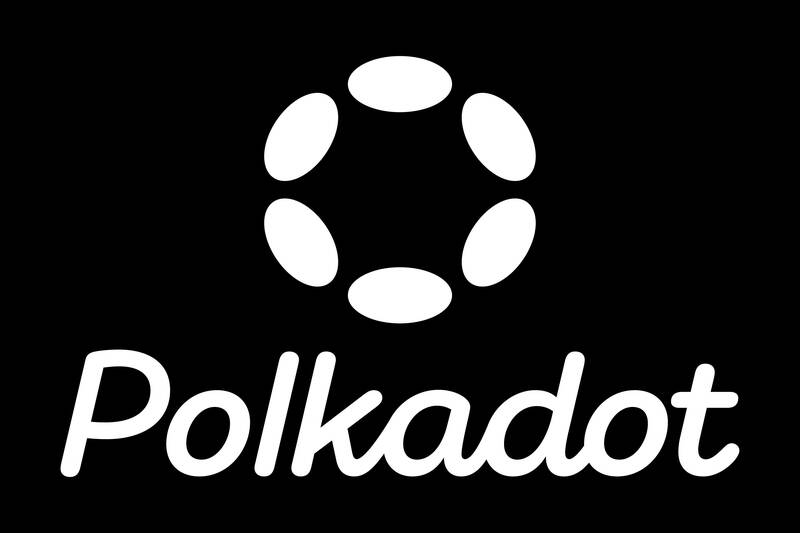The team behind , one of the crypto industry’s earliest rivals, is set to join the Web3 Summit ’24 in Berlin from August 19 to 21.
Web3 Summit makes its return after a five-year break. Hosted by the Web3 Foundation, the event will take place at the historic Funkhaus Berlin, attracting over 60 speakers and more than 40 talks.
Per its official agenda, the Web3 Summit will center around key developments in blockchain, decentralized technologies, and Web3 innovation. Notable speakers include Gavin Wood, Ethereum co-founder, and Juan Benet, the creator of IPFS and , who will offer their perspectives on the future of the decentralized web.
Participants can look forward to an array of activities, including workshops, presentations, and a 72-hour hackathon, the Blockspace Symmetry Hackathon. This hackathon offers developers the chance to compete for top grants via a two-milestone prize structure.
In addition to the main events, the Web3 Summit will host community-driven activities such as an opening party on August 19 and a happy hour on August 20. Attendees can also claim their Proof of Attendance Protocol (POAP) badges, which are powered by dynamic NFT technology on Polkadot.
According to its recent treasury report, Polkadot allocated $87 million worth of DOT to various initiatives in the first six months of 2024.
Marketing and outreach activities took the largest share of spending, with over $36 million allocated to advertisements, events, meetups, conference hosting, and other initiatives. Doubling the pace of the previous six months, these expenses were justified to attract new users, developers, and businesses to the Polkadot ecosystem.
After wrapping up Polkadot 1.0 in July 2023, the blockchain community is now preparing for Polkadot 2.0, which is supported by advanced technologies like Async Backing, Elastic (NYSE:) Scaling, and Agile Coretime.
These upgrades allow Polkadot to function similarly to cloud services like AWS or Azure. High-demand projects will benefit from increased transaction throughput, while early-stage projects can control costs by only paying for the coretime they actually need.
This news is republished from another source. You can check the original article here








